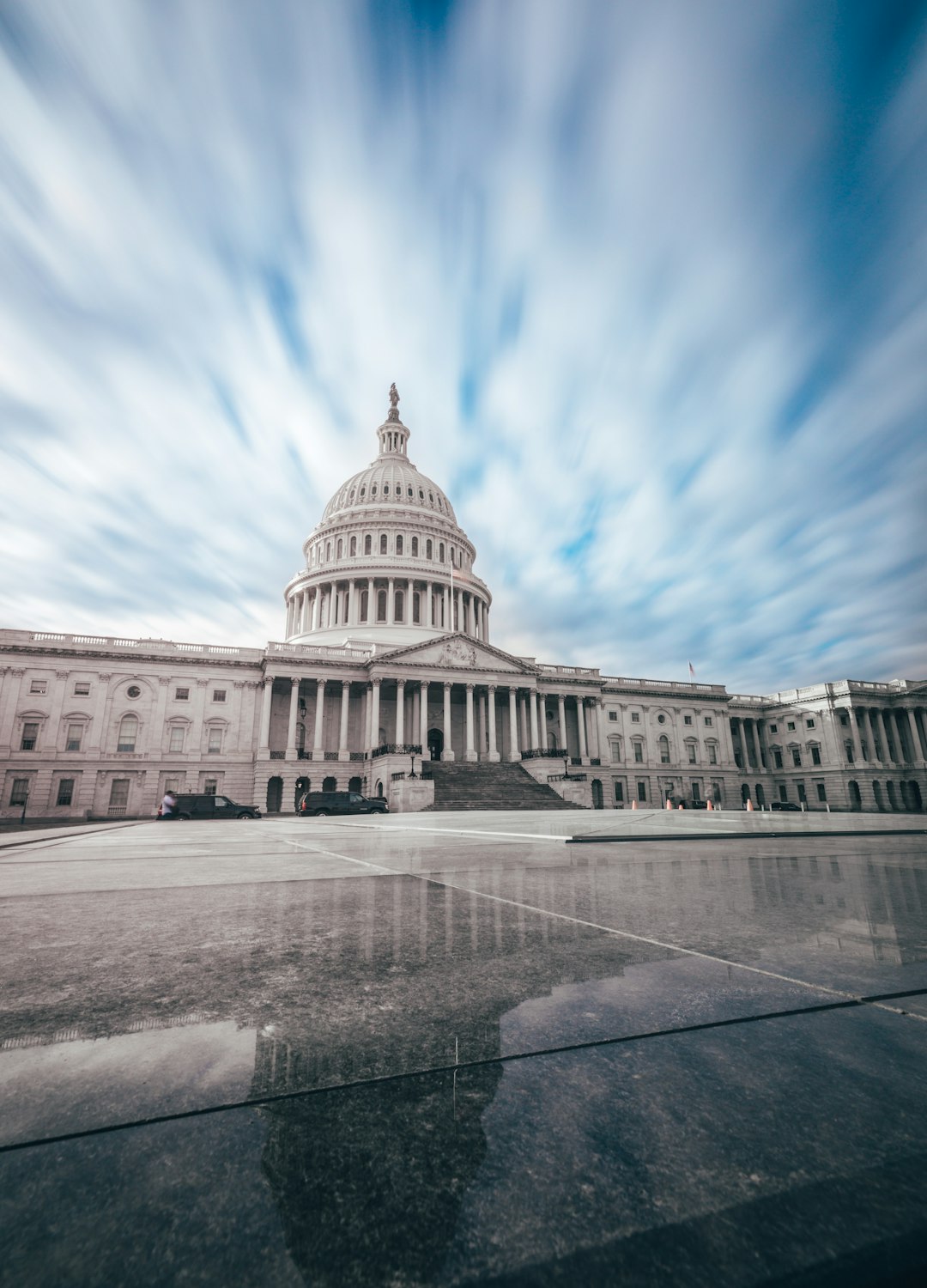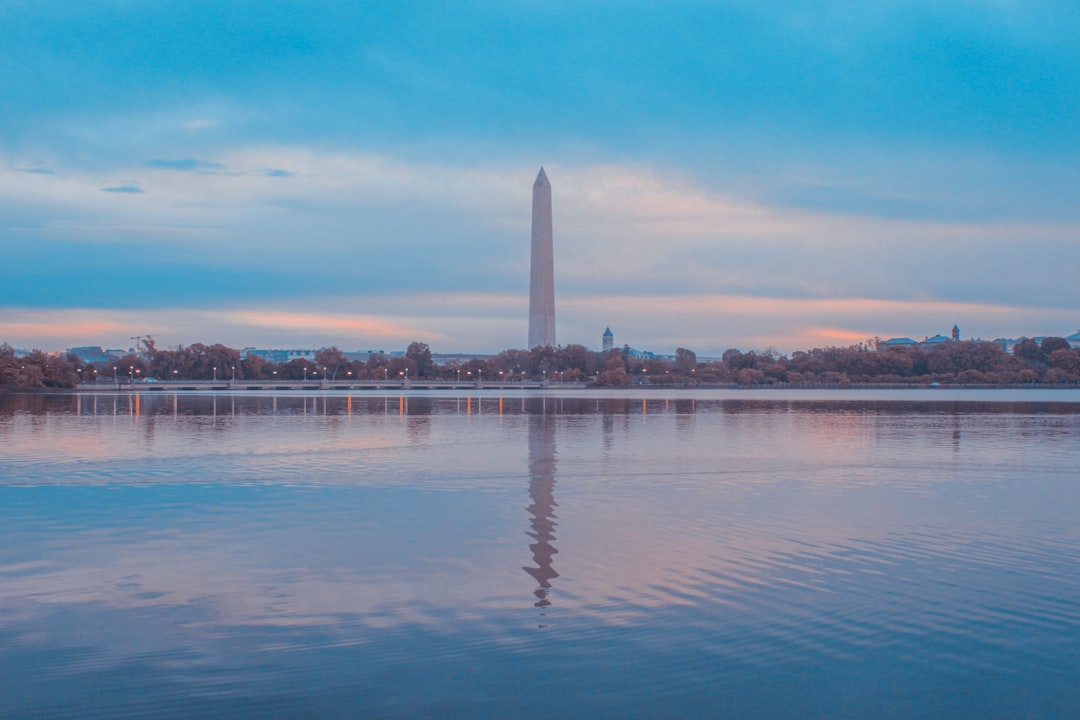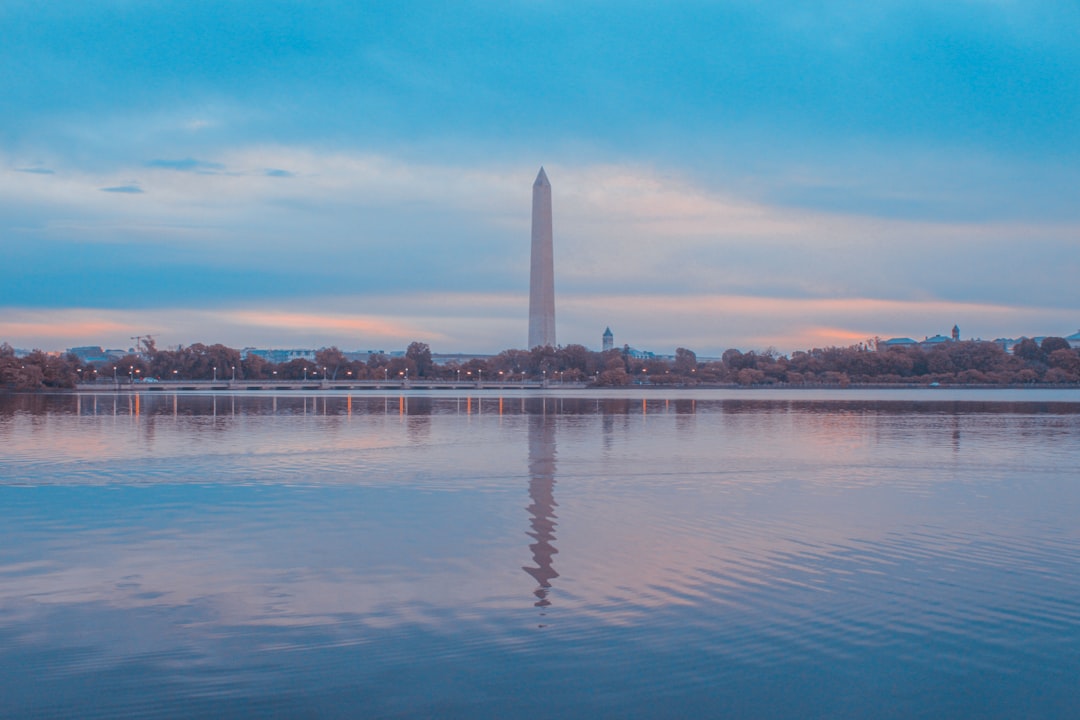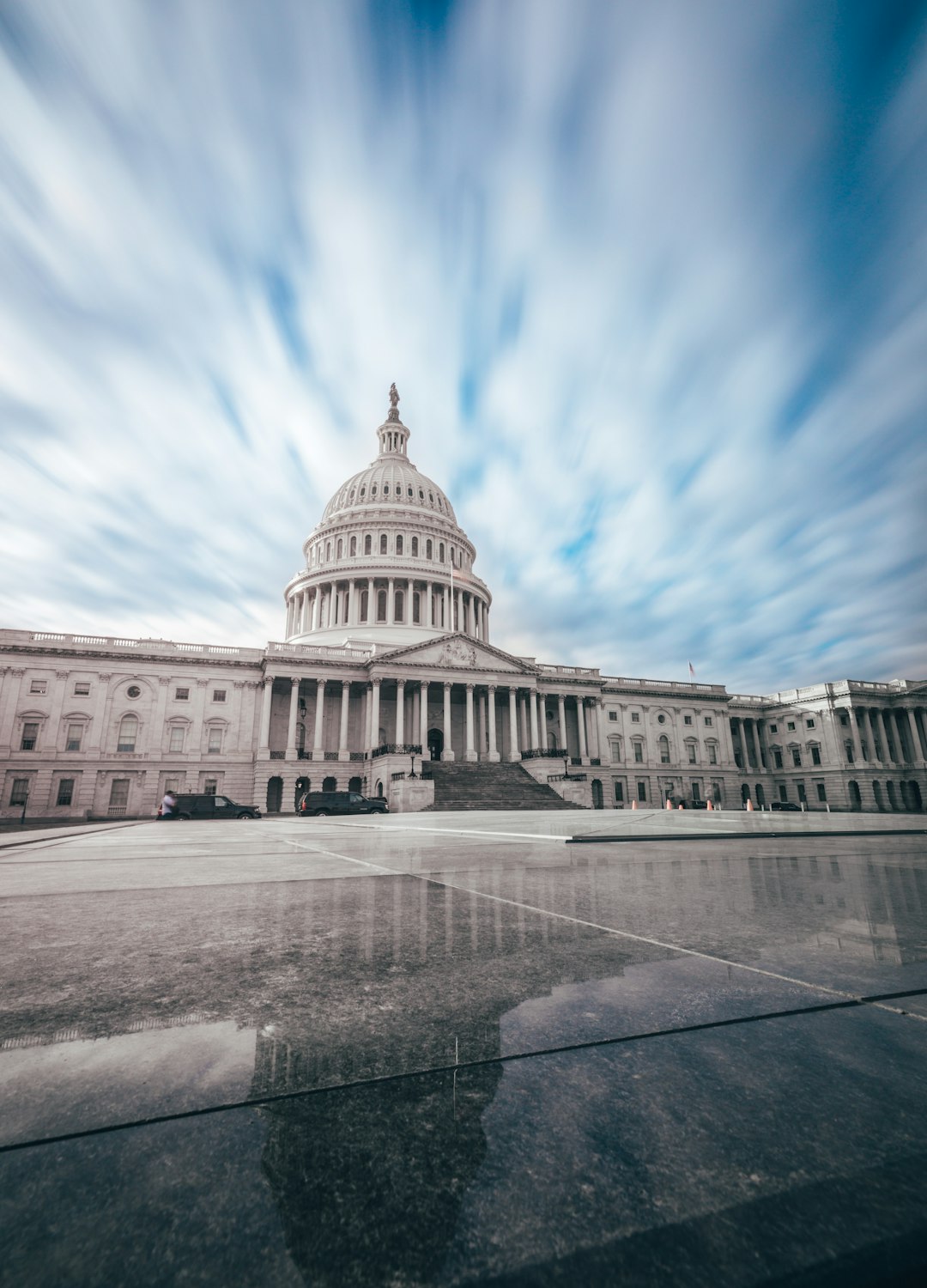Dixie, an unincorporated community in Walla Walla County, Washington, faces a surge in unwanted calls and texts due to TCPA violations. To combat this, residents are collaborating with lawyers specializing in TCPA Washington laws to protect their privacy and implement effective anti-spam measures under federal regulations. This ensures a peaceful environment and addresses unique challenges of rural communities like Dixie. Engaging a TCPA lawyer is crucial for maintaining community integrity and safety from nuisance communications.
In the heart of Walla Walla County, the unincorporated community of Dixie faces unique challenges, particularly with escalating spam issues. This vibrant yet isolated area has embraced innovative solutions, incorporating anti-spam measures to protect its residents. With an eye on privacy and peace, Dixie’s efforts highlight the growing importance of TCPA (Telecommunications Consumer Protection Act) compliance in Washington State. This article explores how a lawyer specializing in TCPA Washington can navigate Dixie’s incorporation process, ensuring both community protection and legal integrity.
Understanding Dixie: Walla Walla County's Unique Community

Dixie, an unincorporated community in Walla Walla County, Washington, stands out as a tight-knit neighborhood with a rich history and a strong sense of community. Nestled amidst scenic landscapes, it’s more than just a geographical location—it’s a vibrant tapestry where folks come together to foster a unique way of life. This close-knit fabric is what makes implementing anti-spam measures all the more significant.
As a small community, Dixie relies heavily on local interactions and word-of-mouth communication. With the rise of automated calls and unwanted texts, often associated with TCPA (Telemarketing Consumer Protection Act) violations, the need for effective anti-spam solutions has become crucial. A lawyer specializing in TCPA Washington laws can guide residents and business owners on how to protect their privacy and combat excessive spam, ensuring a peaceful and secure environment for all Dixie inhabitants.
The Rise of Spam Concerns in Unincorporated Areas

In unincorporated areas like Walla Walla County, the rise of spam has become a growing concern for residents. As technology advances and communication channels expand, so does the influx of unwanted and fraudulent messages. From phone calls to text messages and even email, spam can be a nuisance, invade privacy, and in some cases, pose security risks. This is particularly true in rural areas where local governments may not have as many resources to combat these issues.
In light of this, residents and community leaders are taking proactive measures to protect their peace of mind and the integrity of their communities. One effective approach is to educate citizens on recognizing spam and reporting suspicious activities. Additionally, working with legal experts specializing in the Telephone Consumer Protection Act (TCPA) in Washington can help establish robust anti-spam laws and policies tailored to local needs. Engaging a lawyer for TCPA Washington ensures that these measures comply with federal regulations while addressing the unique challenges faced by unincorporated communities.
Why Anti-Spam Measures are Essential for Dixie Residents

In unincorporated communities like Dixie, Walla Walla County, residents often face unique challenges regarding unwanted communication and privacy. Anti-spam measures are essential to protect them from constant nuisance calls, text messages, and other forms of unsolicited marketing. These measures ensure that local folks can enjoy peace and quiet in their homes without being bombarded by unwanted advertising or fraudulent attempts.
With a lawyer for TCPA Washington by their side, Dixie residents have legal recourse against violators of the Telephone Consumer Protection Act (TCPA). This federal law prohibits businesses from making automated phone calls or sending text messages to consumers without their prior consent. Implementing anti-spam initiatives helps maintain a safer and more pleasant living environment for all, while also empowering locals with the knowledge that they have rights protected by federal legislation.
Implementing TCPA (Telecommunications Consumer Protection Act) in Washington State

In recent developments, Dixie, an unincorporated community in Walla Walla County, has taken significant steps to combat unwanted phone calls and texts by implementing measures that align with the Telecommunications Consumer Protection Act (TCPA). This federal law, which also has state-specific applications like those seen in Washington, was designed to protect consumers from certain types of marketing and telemarketing calls.
For residents in Dixie and elsewhere in Washington State, a lawyer for TCPA can be invaluable when navigating these new regulations. The TCPA restricts automated calls and texts sent for promotional purposes, unless the caller has prior express consent from the recipient. Non-compliance can lead to substantial penalties, making it crucial for businesses and organizations to ensure their communication practices are in line with these laws.
A Lawyer's Role in Navigating Dixie's Incorporation Process and TCPA Compliance

Navigating the intricate process of incorporation, especially in a unique community like Dixie, Walla Walla County, requires expert legal guidance. A lawyer specializing in telecommunications law and the Telephone Consumer Protection Act (TCPA) plays a pivotal role in ensuring a smooth transition for Dixie towards official incorporation while adhering to stringent anti-spam regulations.
These legal professionals possess a deep understanding of the TCPA, which restricts unsolicited phone calls, text messages, and faxes. They guide communities like Dixie through the legal framework, ensuring compliance with federal and state laws. By engaging a lawyer for TCPA Washington, Dixie can protect itself from potential legal issues, maintain its residents’ privacy, and foster a positive relationship with nearby incorporated areas while embracing its new status as an unincorporated community with formal anti-spam measures in place.






